Working scientifically
Working safely in the lab
How can you work safely in the lab? What are the various steps needed in order to do so? How to spot risks, hazards and understand hazard symbols.
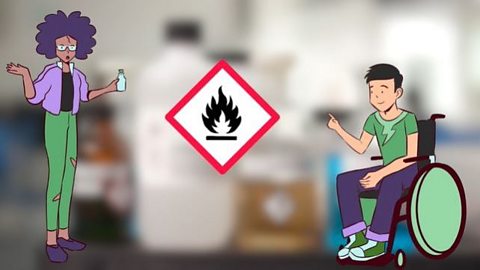
Variables
Find out why variables are important in an experiment, including control variables, independent and dependent variables.
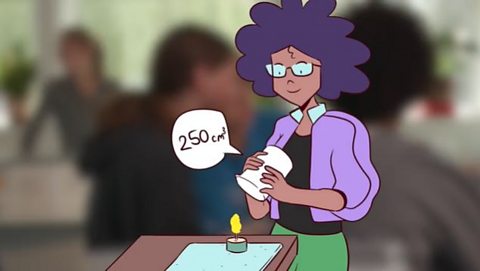
Writing a hypothesis and prediction
A hypothesis is an idea about how something works that can be tested using experiments. A prediction says what will happen if the hypothesis is correct.
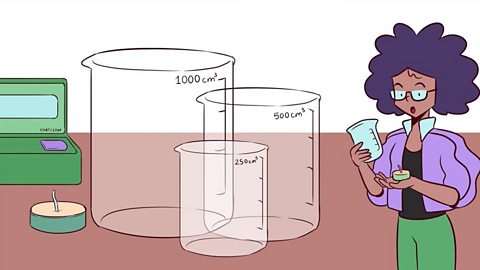
Planning an experiment
Developing a method is an important part of planning an investigation and it is important to evaluate the validity of each step leading up to the conclusion.
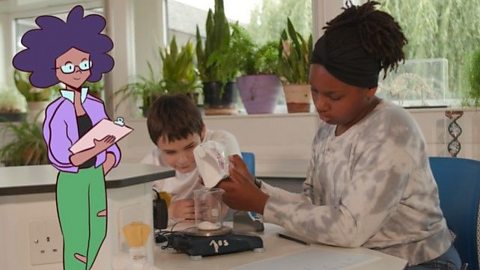
Maths skills for science
Scientific equations and formulae are used to work things out in science. Using standard units means scientists around the world can work together better.
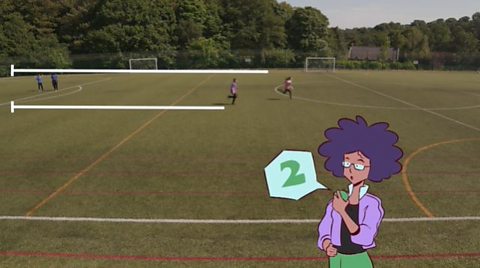
Drawing scientific apparatus
Use diagrams to show how scientific apparatus is set up and how to draw them in 2D. Common practical techniques that use apparatus include filtration, evaporation and distillation.
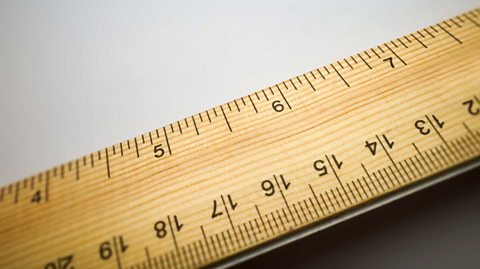
Observation and measurement skills
Calculating averages from data is usually more accurate than using one result. Using a table ensures that data is recorded in an organised way.
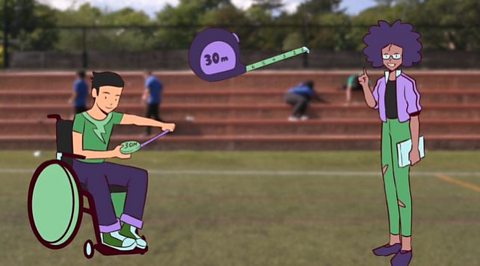
Types of data
Types of data include continuous, discrete and categoric. Data can be presented in a number of ways, which depends on the type of variable and the uses.
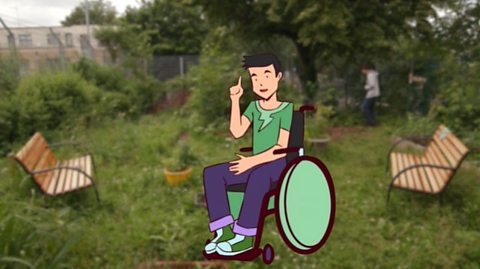
Graphs and charts
Different types of graphs and charts are used to show results. They need to be drawn and labelled correctly. Scientists use patterns in the data to reach a conclusion.

Conclude and evaluate
A conclusion sums up what has been found out during an investigation. It should be clearly structured and explained using scientific knowledge.
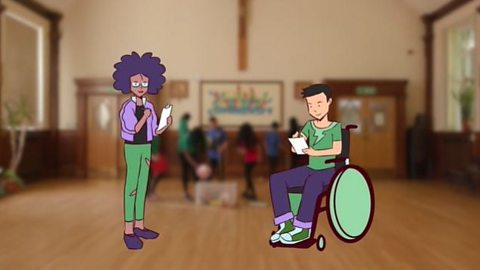
Bias in science
Scientific studies can be biased; it's important to recognise when this is the case. Scientists review each other's conclusions from new research.
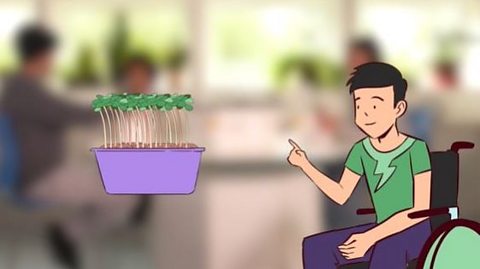
Links
- External linkExternal link
- External linkExternal link
- SubscriptionSubscription
- External linkExternal link
- External linkExternal link
- External linkExternal link
- External linkExternal link
- SubscriptionSubscription